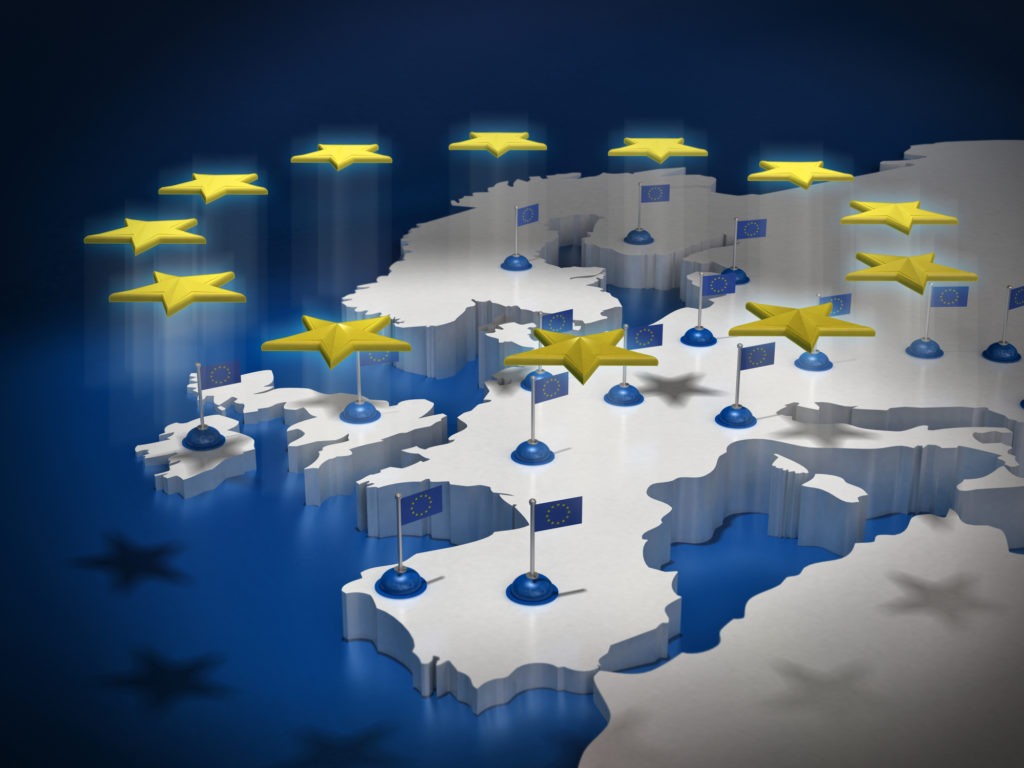European type approval rules agreed to take power away from national authorities
11 December 2017

11 December 2017
European Union negotiators have agreed on new Type Approval rules that give the Commission the power to check on national car approval authorities.
Under current rules, national bodies such as Germany’s KBA approve new cars, and only they have the power to revoke these vehicle licences. However, following the Volkswagen (VW) diesel scandal, there were fears that some authorities were getting too close to manufacturers, and this may, therefore, cloud their judgement when it comes to approval.
The draft law allows the EU to carry out an audit of national authorities which approve vehicle types and sets a minimum number of on-road emissions tests a country is obliged to carry out. These checks in the US helped to uncover the Volkswagen emissions scandal.
However, EU negotiators dropped the European Commission’s plan to break relations between automakers and the laboratories they use to test cars by changing the current system where automakers pay for the tests. This allows car companies to influence the results, campaigners claim.
German and Italian authorities had raised opposition to the new Type approval rules, with Germany arguing ′any audit means extra bureaucracy without being beneficial,’ in a position paper dated 30 November. Italy and seven other nations were asking for conditions that would weaken the Commission’s oversight power. However, they have now withdrawn their position, meaning the new approvals can go ahead.
The new regulation maintains the current ban on defeat devices, which national authorities have a standing obligation to police and enforce, the Commission said. It also goes a step further by requiring automakers to provide access to the car’s software protocols.
In the future, the Commission will carry out market checks independently from member states and will have the possibility to initiate EU-wide recalls. It will have the power to challenge the designation of technical services and to impose administrative penalties on manufacturers or technical services of up to €30,000 per non-compliant car.
Jyrki Katainen, vice president for jobs, growth, investment and competitiveness, said: ′With tighter rules which are policed more strictly, the car industry has the chance to regain consumers’ trust. Just a few weeks after the Commission’s clean mobility proposals, today’s agreement marks yet another milestone in the EU’s wider efforts to reinforce our car industry’s global leadership in clean and safe vehicles.’
Commissioner Elżbieta BieÅ„kowska, responsible for internal market, industry, entrepreneurship and SMEs, added: ′Dieselgate has revealed the weaknesses of our regulatory and market surveillance system. We know that some car manufacturers were cheating and many others were exploiting loopholes. To put an end to this, we are overhauling the whole system. After almost two years of negotiations, I welcome that the key elements of our proposal have been upheld, including real EU oversight and enforcement powers. In the future, the Commission will be able to carry out checks on cars, trigger EU-wide recalls, and impose fines of up to €30,000 per car when the law is broken.’